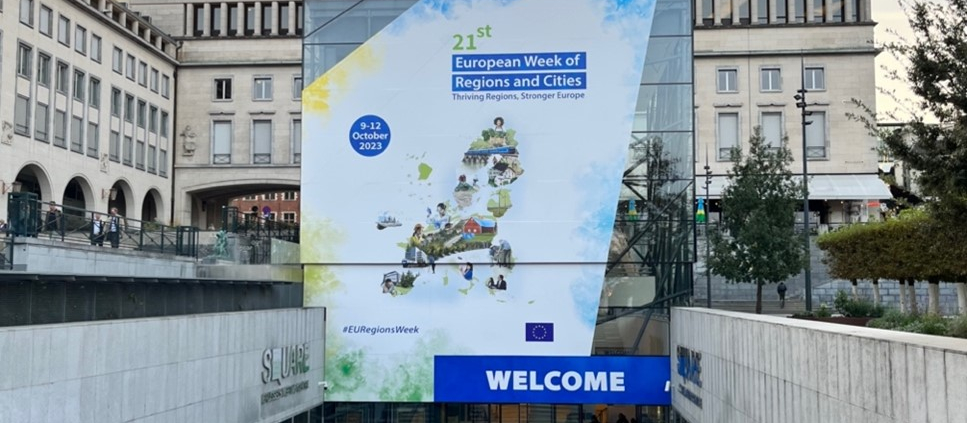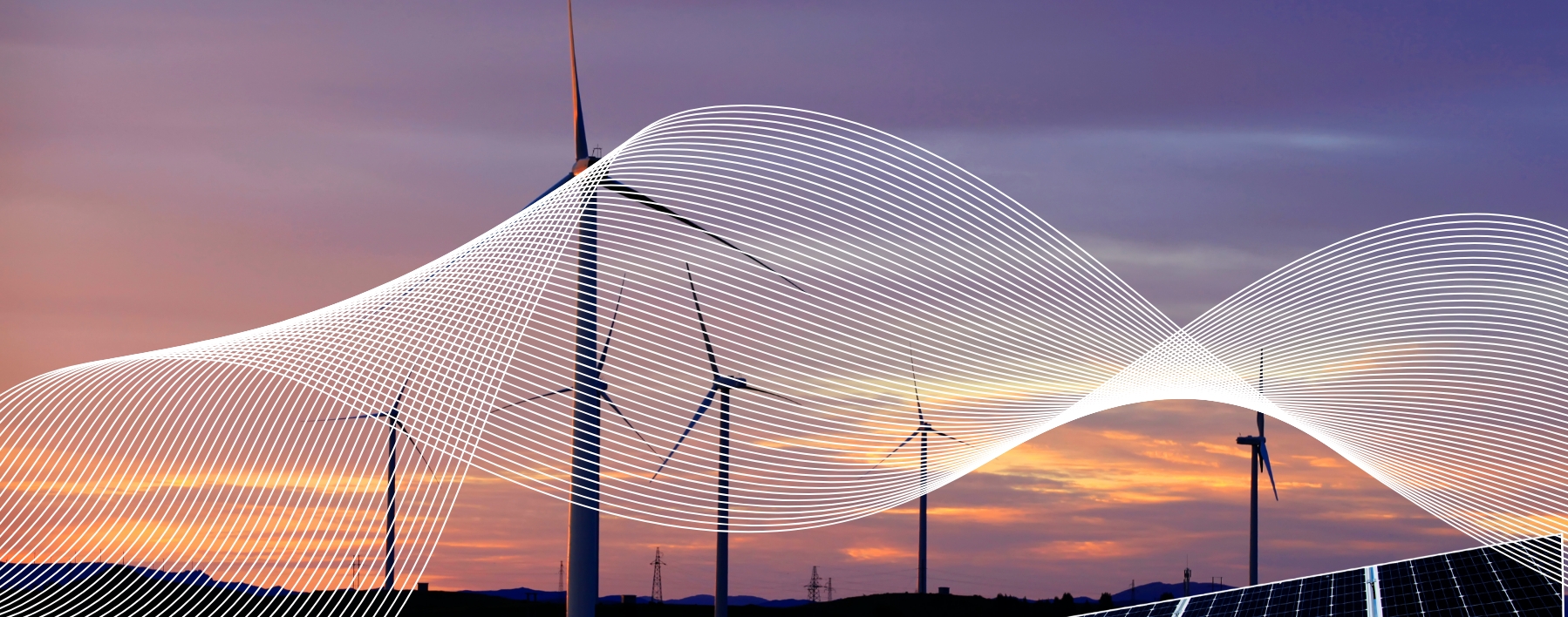21st EU Week of Regions and Cities: DATA CELLAR and Solar Power Europe join forces
The EU Week of Regions and Cities celebrated its 21st edition from the 9th to the 12th of October in Brussels, and DATA CELLAR project could not miss the opportunity to be present in this recognised event.
The EU Week of regions and Cities 2023 is the biggest annual Brussels-based event dedicated to cohesion policy, which has grown to become a neutral platform to discuss common challenges for Europe’s regions and cities by bringing together a diverse community of speakers and participants. Together with SolarPower Europe, DATA CELLAR project organized the session “Solar and digitalisation: Redefining Smart Cities” about the local energy shift for security and sustainability.
Through this participatory lab, the speakers discussed how cities and communities can benefit from digital and database tools to foster the deployment of renewable, and especially solar, energy.
Jonathan Bonadio, representing SolarPower Europe, was the moderator of the session, and he started it by defining the process of digitalisation and explaining how it is relevant for solar PV. The European Commission is aiming to multiply per 4 the amount of solar PV in 2030 and the general result is that “Solar is booming and so is the electrification”, stated Bonadio. More information about how more and more cities are turning to solar to support their climate goals can be found in this report published by SolarPower Europe.
Sofia Pinto Barbosa, director of Greenvolt, talked about solar rooftop generation, which is expected to grow 20% every year until 2026. Greenvolt is focused on bringing further efficiency to existing biomass plants and it is present in countries with high solar irradiation that still have a significant amount of untap potential for self-consumption. Barbosa explained the two types of models of solar rooftop generation: individual self-consumption and energy sharing self-consumption. Through the last one, which can be suitable for large public buildings, PV is deployed to maximize the building rooftop and generate surplus at the same time.
George Paunescu, representative of DG CNECT from the European Commission, exposed the main drivers of the European Green Deal towards a decarbonized, decentralized and flexible energy system. Paunescu presented the European framework for sharing data, which aim is to facilitate the development of innovative energy solutions and novel inclusive services, and that will establish a common EU data space for energy by coordinating EU action and work in partnership. The representative of DG CNECT also mentioned some of the benefits that this framework will provide for consumers, as, for example, engaging them and lowering the bills.
Blanca Rodríguez, ICT expert of ZABALA Innovation, highlighted the fact that cities are producing the 70% of the carbon emissions in Europe and that this problem is already being faced by the EU with projects, agreements and other tools. Rodríguez mentioned that in many cases the challenge is how to transfer all the solutions and initiatives to the cities, and she explained the two types of supporting mechanisms that Zabala Innovation can provide: blending funding and cascade funding.
Lastly, Gadi Hirsch, representing SolarEdge Technologies, which is one of the leading companies in the European green energy market, emphasized the importance of fostering integration of renewables through digitalisation. Hirsch presented the SOLARHEDGE HOME capabilities and he reported how digitally optimized solutions would have a great number of benefits, such as efficient self-consumption, price optimization and full home backup.
The session at the EU Week of Regions and Cities concluded with a debate on the main challenges that we are facing for the deployment of digital solutions in the energy sector, which were considered to be the adoption of technology by end-consumers, the training and harmonization of installers’ markets, and the cyber security and data privacy.


